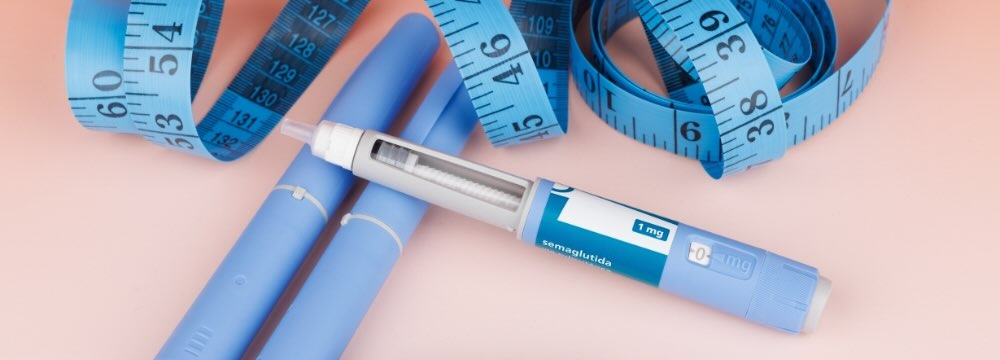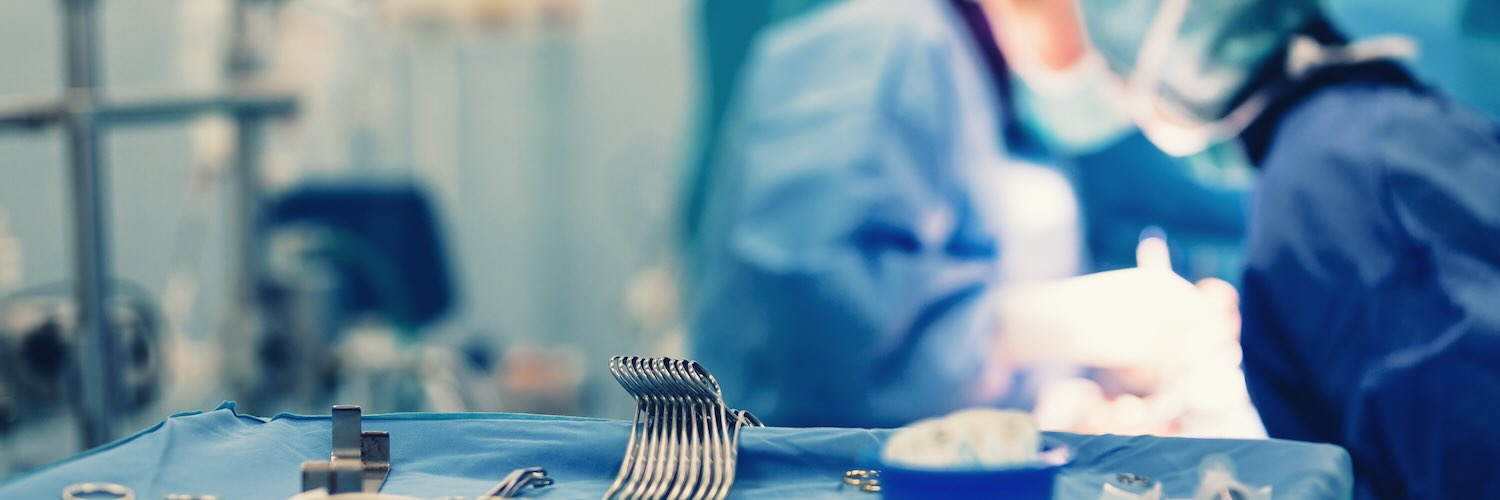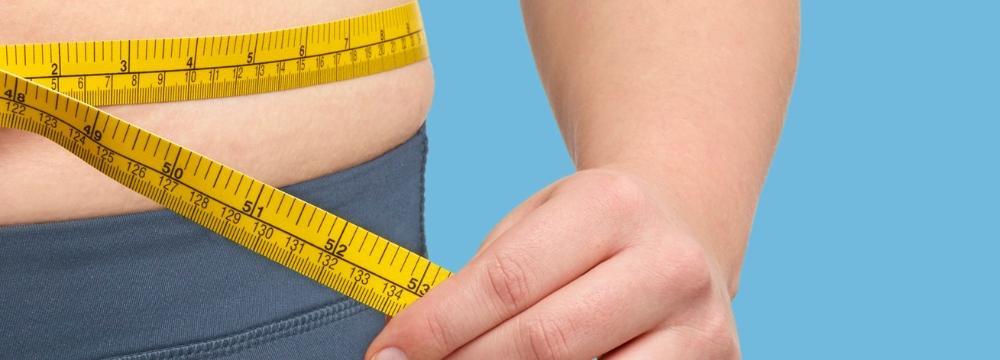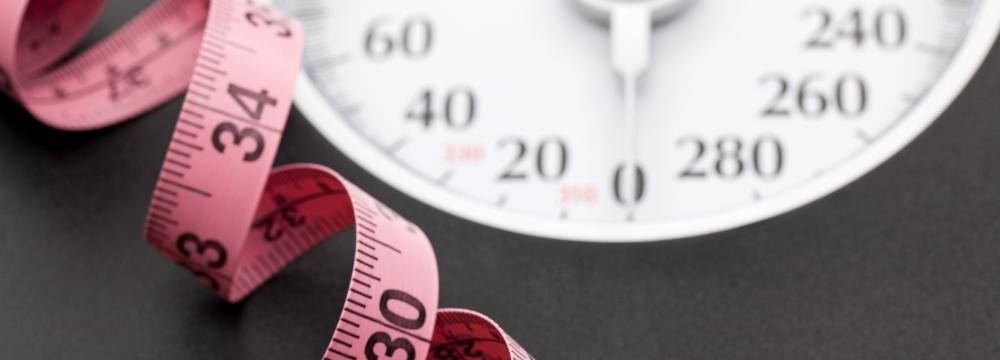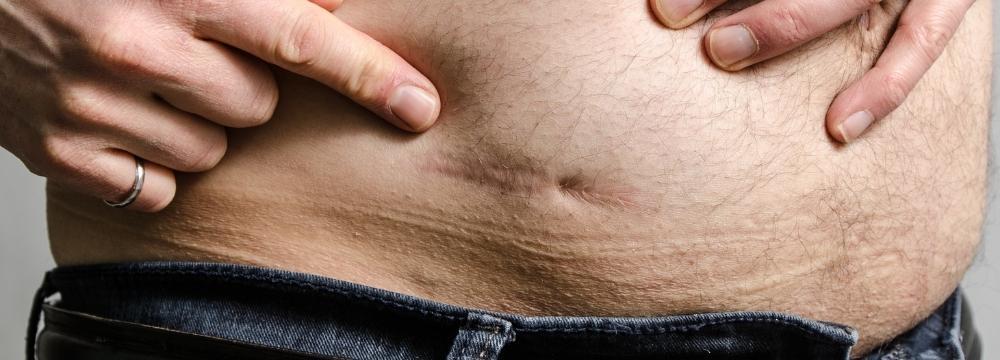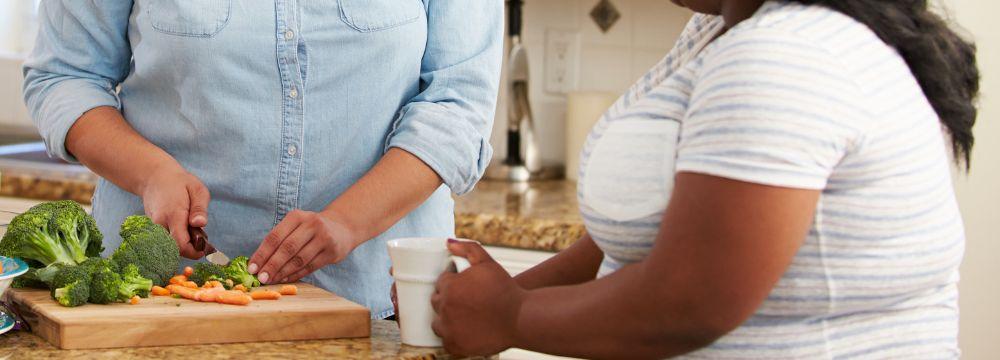Transcript (slightly edited for ease of reading)
Jenny: Just talking about bariatric surgery. Who is a candidate for bariatric surgery?
Dr. Abbas: Generally speaking, anybody that has a BMI greater than 35. And the way you calculate your BMI is… Everybody has a smartphone now – just type in your height and type in your weight in a BMI calculator and you’ll actually get your BMI. So, BMI greater than 35 with a medical condition such as diabetes, hyperlipidemia which is elevated cholesterol or hypertension or if somebody has a BMI of 40. So, again, if you just type in BMI calculator in your Google search, you’ll find it. It is your weight relative to your height. So, BMI stands for the Body Mass Index.
So those are the patients who are actually on our candidates for bariatric surgery.
Jenny: What are the risks of bariatric surgery?
Dr. Abbas: The risks of bariatric surgery, we can separate them into two. The short or intermediate, which we call from a surgical standpoint, technical problems. For example, any time we staple or suture any organ, there is a very small risk of the sutures opening up. So that is called a leak, which is what a lot of people have heard of.
What are the chances of having a leak? Having a leak is extremely low and the quoted number is probably around less than one in a thousand and that’s probably around what our rate is here as well. It is extremely low.
It tends to be more likely in revisional surgery. So, when we’re doing even more complicated surgeries. As in, somebody already had bariatric surgery and they have lost weight and they plateaued and they want to lose some more weight. So, we revise the surgery. So those are patients that have a high risk of having what’s called a leak.
There’s also risk of bleeding. Again, we never leave the OR knowing there is any bleeding. The vast majority of bleeding just stops on its own and that’s what’s called self-limited… and nothing really needs to be done with that. Obviously, anytime you cut any tissue, it’s like having a bruised muscle, so you can have a little bit of bleeding there. But again, we make sure that while in the operating room we take care of all bleeding.
Infection is always a risk, but we do give patients antibiotics and the other thing that we do nowadays is make very small incisions. Most incisions are the size of the tip of my little finger, so this really decreases the chance of having complications or infections.
All these measures are taken to lower the risk of having complications. The other one that we usually talk about is a long-term effect. And the long-term effect is predominately due to non-compliance. For example, the main reasons are not taking multivitamins or reverting to old habits, eating refined sugars and essentially having bad dietary habits, which probably led the patient to being obese in the first place.
Jenny: Is there a higher risk of contracting coronavirus if you’re having surgery at this time?
Dr. Abbas: This is a very good question and we’ve had this question raised multiple times. Let me put the whole thing in perspective.
We have gone beyond what has been recommended by the CDC, by the Department of Health, to make sure that our patients are safe because that’s our number one priority. The patients are safe and at the same time the or staff is safe because we do not want to have someone, for example, who was asymptomatic inadvertently infecting our staff. Because this is fairly serious – they obviously take care of our patients and we have to protect them as well.
So, what we decided to do…we essentially test everybody. So, you, everyone will get tested to make sure they do not have the virus before we even decide to move forward with the surgery. The second thing we’ve done is we’ve really limited the number of people coming into the hospital – especially visitors. With good control of who comes into the hospital and who is in contact with patients. You’re seeing me here without a mask, but that’s because I’m actually fairly far from Jenny who is on the other side of the camera. Otherwise, every person who walks into the hospital must wear a mask to try and decrease the risk of transmitting this to someone else inadvertently.
So those are the steps that we’ve taken to make sure that we are safe.
The other thing that we have found during this pandemic is very unfortunate. We have found that most people who had either required intubation or ventilation – so required a respirator – were either obese, had diabetes, had hypertension or had other medical comorbidities. Unfortunately, this does tend to affect, sometimes, minorities because they have not been able to get access to Healthcare. And so, we are specifically addressing obesity as an overall disease, because it is a bigger problem than just one simple thing. I wish it was as simple as eat less and exercise and you will lose all this excess weight – that is a very important part of it. But that’s not the only part of it.
The other very interesting thing that we found is that patients who had metabolic surgery, and this is led to laws being changed in the United Kingdom, because they were restricting how many patients were getting the surgery, did a lot better in this pandemic if they were infected with COVID-19.
So, their survival was better, the requirement for intubation and ventilation was better. Again, what this tells us is that metabolic surgery addresses a whole bunch of systems. It helps improve your respiratory system, cardiovascular system, on top of that, of course, nutrition. So all-in-all it actually addresses a lot of issues. This has reinforced what we know – that when you have metabolic surgery it helps you overall and not just one specific system.
Jenny: Will bariatric surgery help with diabetes?
Dr. Abbas: Absolutely, we’ve noticed that when your BMI is around 30 or 32, you will benefit more from metabolic surgery, because the whole goal of metabolic surgery is to reverse and protect you. This is one of the very few surgical procedures we perform to actually prevent problems in the future. So, it makes no sense to wait for the diabetes to lead to obesity and
then have to try and reverse it, because then it becomes a lot harder to reverse. Our ultimate goal is to make sure that we get patients at a younger age, before they have developed any of the complications of diabetes, because this can limit it and certain bariatric procedures or metabolic procedures have almost a 90% cure rate for diabetes. There is no other medication that can do that. Medications only control your sugars. Whereas this surgery actually cured it – which basically means it will make you diabetes free. The least it will do; it will control the sugars significantly better and you will need a lot less insulin or a lot less of your medication that you were using before surgery.
Jenny: How often do you see people regain large amounts of weight after bariatric surgery?
Dr. Abbas: One of the things that we hear constantly is well, I know my sister, or I know my friend, or I know someone else for example who had surgery and then they gained all their weight back. This is not unusual – it can happen. The proportion of patients that regain their weight really is variable and a predominately depends on what kind of procedure they had, how obese they were or what their BMI was, before the surgery.
And the reason why people gain weight, is actually because of poor dietary habits and also lack of follow-up. I tell all my patients, if you noticed that you’re starting to gain weight for whatever reason, then come back and see us. We have a lot of tricks up our sleeves and we can help you try to at least curb your weight gain and try and reverse it for you.
Weight regain is a possibility – a little bit of weight regain is normal. So, if you lose a hundred pounds after bariatric surgery and you gain 10 lbs back, that is normal, but you should not be gaining back 70, 80, or 90 lbs. That is abnormal and generally people gain that way because they tend to consume what I call empty calories. What that means is candy, sugary drinks, sweet tea, Coke, your favorite soda. Those have a lot of calories and they’re liquid. So, basically, while your stomach might be a lot smaller right now it doesn’t even get filled with those calories. So, it just passes right through you. So that’s why you’re consuming all these calories, but you’re not feeling full. So, you continue eating or continue snacking on these refined sugars.
Jenny: How do I know if my insurance covers?
Dr. Abbas: Here at Memorial, we are Center of Excellence and the other thing is that because of the outcome, because of our low admission rate, very low complication rate and very good outcomes, we are part of every insurance out there.
If your insurance covers bariatric surgery, (and they all will tell you – if it’s medically necessary) we will tell you to call our office with information and the policy number and then we will check for you. There are so many different insurances out there nowadays that we actually have to specifically find out if your employer, which is how most of our patients get their insurance, chose or elected to have bariatric surgery as one of the coverages or not.
But it’s very simple – we will explain all that to you and will have one of our office staff call – our bariatric coordinator – to try and discuss with you if your insurance covers it or not. And if it doesn’t cover it, well, what are the other options? Again, there are a lot of other options that we can do. Remember, our goal is to help you. We strongly believe that this is significantly…let me put it another way:
If you do the math, we are providing this surgery to less than 1%. That’s 1% of the people who really need it. To me that is outrageous, and we must do a better job because if this pandemic showed us anything, it showed us that people who are vulnerable, need to get help.
